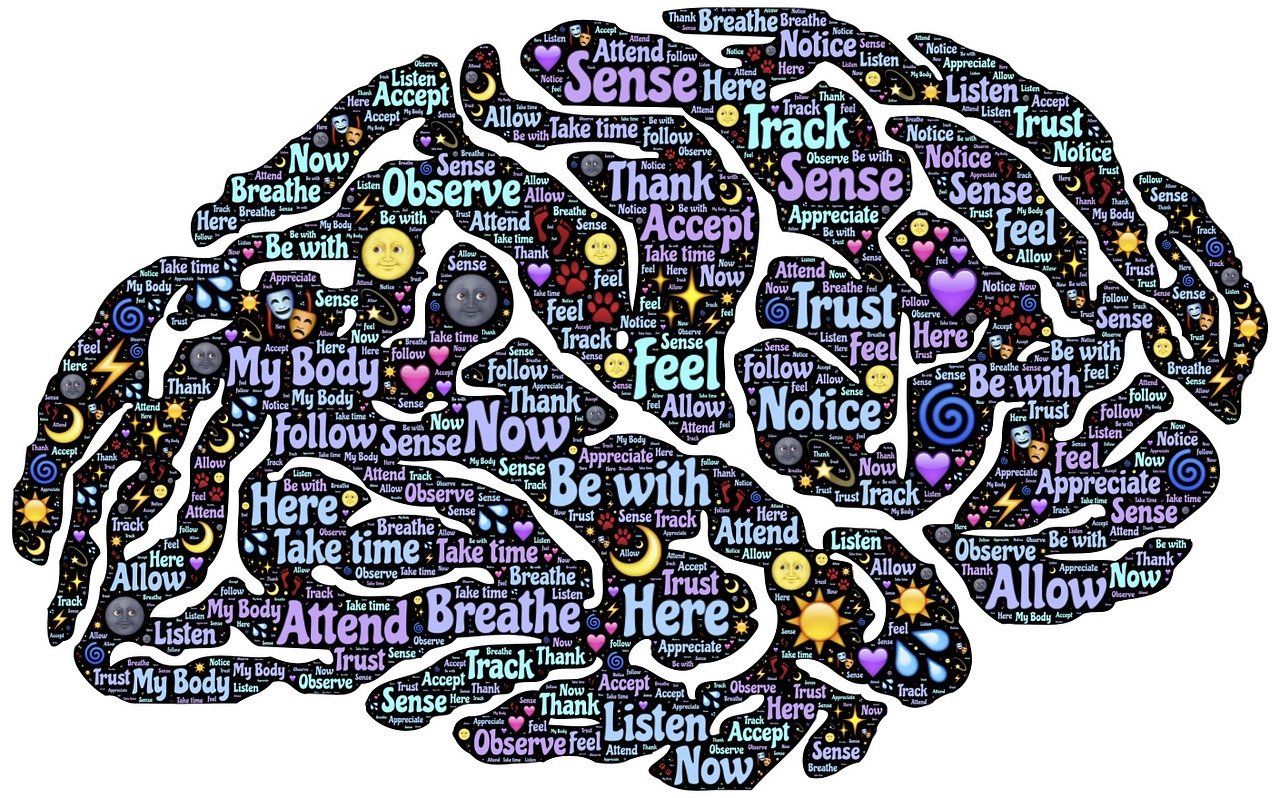Outsmarting Brain Aging: How to Preserve Cognitive Abilities as We Get Older
It’s inevitable, right?!! As birthdays come and go, our bodies and minds change in many ways and one of the most common concerns around aging is the impact it has on brain health and cognitive functions like memory, learning, focus and quick thinking. But here’s some good news: the aging brain’s decline is not necessarily as drastic as once believed. Research shows our neural networks and cognition can stay sharp well into our golden years with some diligent upkeep.
In this article, we’ll unpack what typically happens to our thinking skills as we age, causes of impairment, and most importantly lifestyle tips and strategies to preserve cognitive abilities so we can keep firing on all mental cylinders!
Understanding the Aging Brain
First, what actually unfolds in the brain as we progress through different life stages? Here’s a quick overview:
● In our 20s, our brains are rapidly developing. Neural connections multiply enabling peak levels of learning, flexibility and speedy thinking.
● In our 30s and 40s, overall brain volume remains stable with little cognitive decline, though short-term memory may decrease slightly.
● 50s and 60s see more noticeable slowing in recall, learning new concepts, focus and concentration as brain tissue and connections gradually degrade.
● 70s+ experience greater shrinkage in regions impacting memory, emotions, and learning capacity leading to increased confusion or fuzzy thinking.
While we can’t stop time, understanding normal age-related loss of brain tissue density, blood flow and neurotransmitters explains why coming up with words, multitasking, or remembering details often becomes more challenging. But, don’t fret too much because there are proven ways to combat this decline.
Lifestyle Tips to Keep Your Brain Young
The exciting news is numerous studies confirm we can positively influence cognitive health in older age through modifiable lifestyle behaviors. Let’s explore some of the best ways to nurture our neurons:
● Exercise regularly – Aerobic activity maintains blood flow, oxygenation while stimulating growth of new neural connections. This is a lifestyle choice for sure and it is not one size fits all. Adjust your exercise regimen to what best works for you to ensure you are able to remain consistent without too much disruption to your daily routine. You may opt for 30 minutes of daily aerobic exercise.
● Follow a healthy diet – Omega-3s, antioxidants, vitamins B, C, D, and E found in nuts, seeds, leafy greens, berries all play a vital role in nourishing the brain.
● Manage stress – Stress is a major pain point for us as a collective and it is a silent culprit that is attributed to a lot of other health issues. Chronic stress and cortisol depletion damage the hippocampus linked to memory and learning functions. To tackle this issue, consider practicing meditation, yoga, and/or mindfulness and adjust as you see fit. These practices can go a long way in helping tame the constant feeling of stress and anxiety.
● Get enough sleep – During deep sleep, our brain clears toxins, repairs neurons, and consolidates memory pathways. It is recommended that we aim for 7-8 hours every night.
● Engage socially – Interacting with others stimulates cognitive processes which is vital in keeping them sharp. Seek quality time with friends and family as much as possible so long as these experiences are enriching.

● Challenge yourself mentally – Maybe learning a new skill or two, playing brain games (my personal fave!), or even taking classes all create new neural pathways that work to keep the brain a bit more fluid and adaptable.
● Limit alcohol – Heavy drinking destroys existing brain cells prematurely while thiamine deficiency from excess alcohol leads to impairment. There is no need to eliminate alcohol completely, especially when used recreationally, but you may want to consider giving yourself a drink maximum as a way to keep yourself accountable and to not overdo it.
● Identify hearing loss – Unaddressed hearing issues increase cognitive load making thinking more exhausting. It is important to seek help early.
● Manage other conditions – Obesity, depression, diabetes, high blood pressure are all examples of illnesses that exacerbate structural brain changes. As always, please consult your doctor for further direction on managing these conditions.
While the aging brings natural cognitive slowing, committing to the above strategies can significantly minimize unwanted mental decline. But what if you’re still noticing concerning changes?
When to Seek Help
In some cases, progressive loss of cognitive function can signal underlying neurodegenerative issues like dementia. Of course, it is best to consult a medical professional and fight the urge to self-diagnose. If you observe these persistent changes or any others that you consider alarming or concerning, schedule an evaluation with your doctor ASAP:
- Memory loss disrupting daily activities.
- Difficulty performing familiar tasks.
- Problems following conversations or directions.
- Forgetting common words when speaking or writing.
- Misplacing items frequently.
- Increasing confusion about time, place, people, etc.
- Changes in mood, personality or behavior.
While our thinking abilities do transform over time, adopting lifestyle habits that nourish the brain along with monitoring changes can help preserve cognitive health well into our golden years. Pay attention, challenge yourself, eat clean, destress, rest up and socially stimulate!

